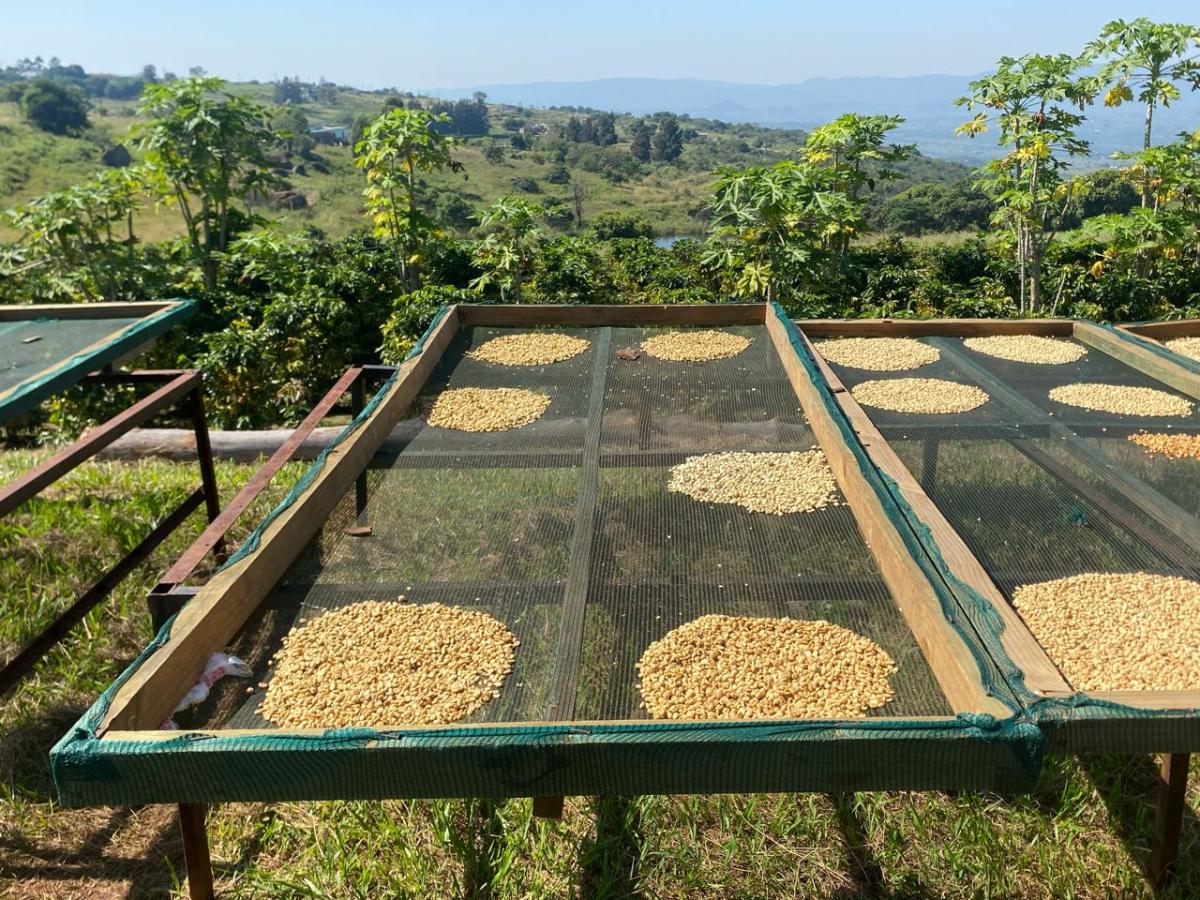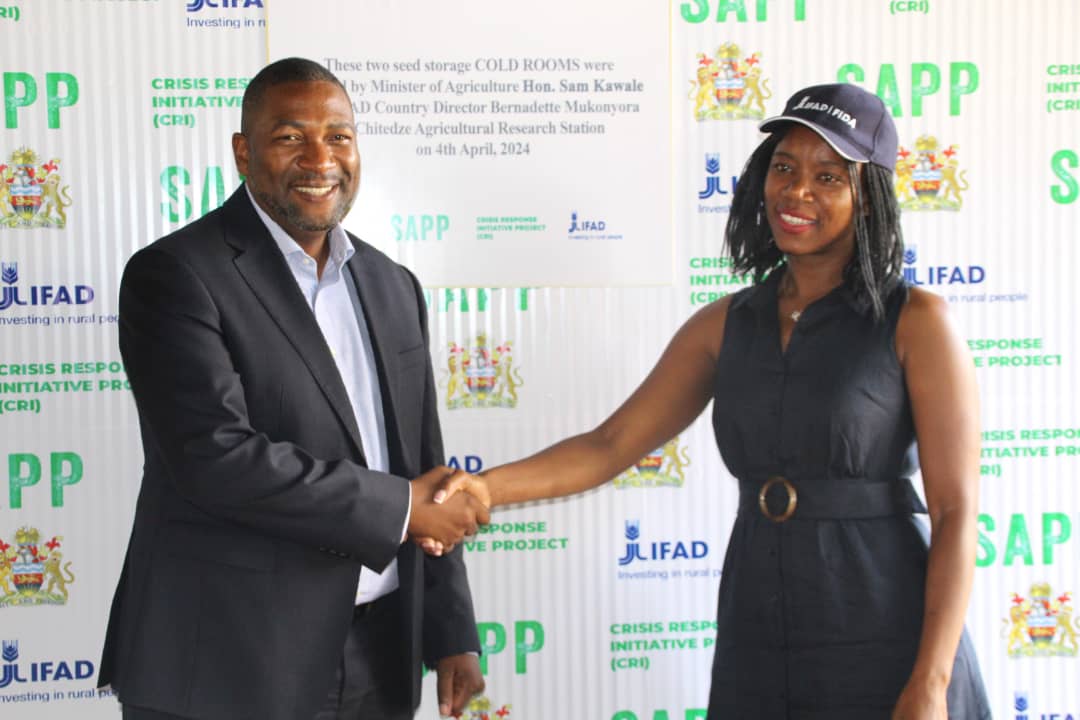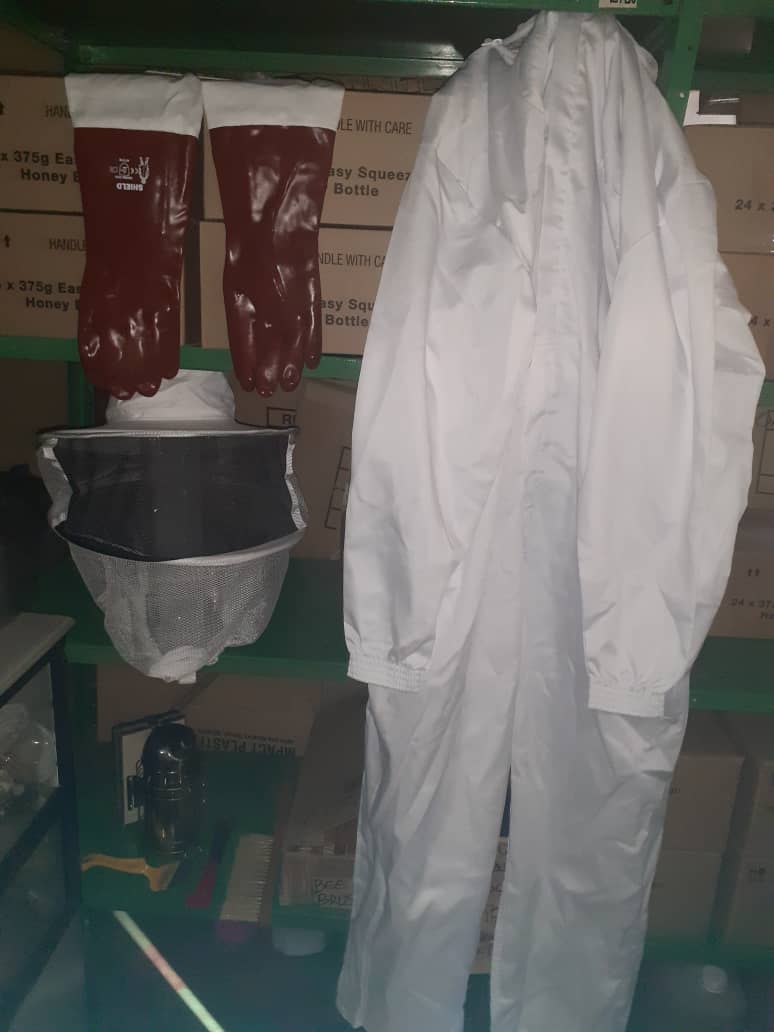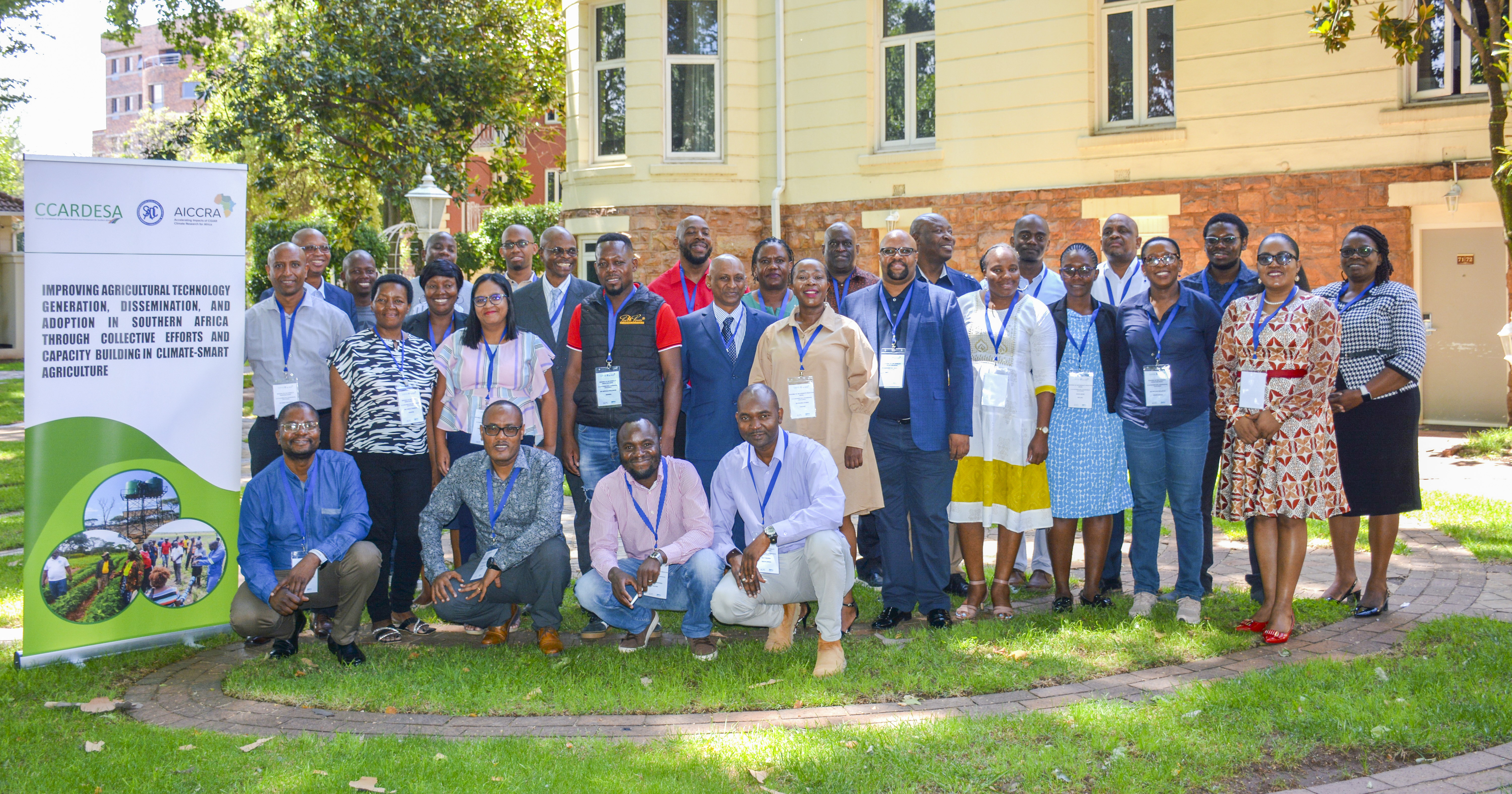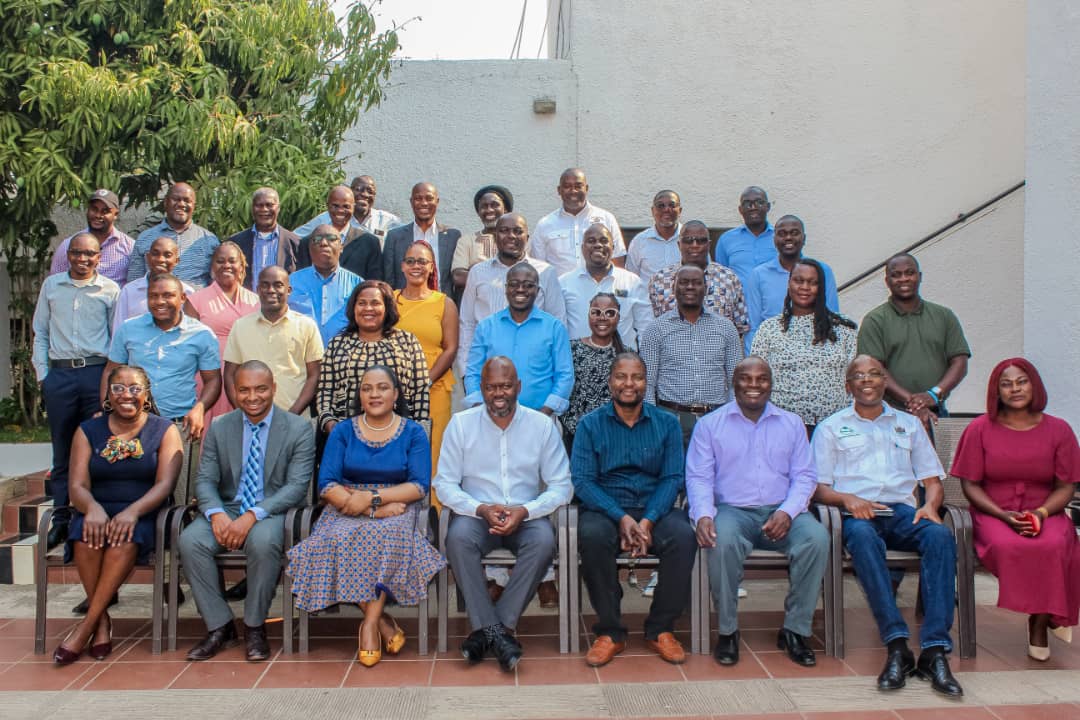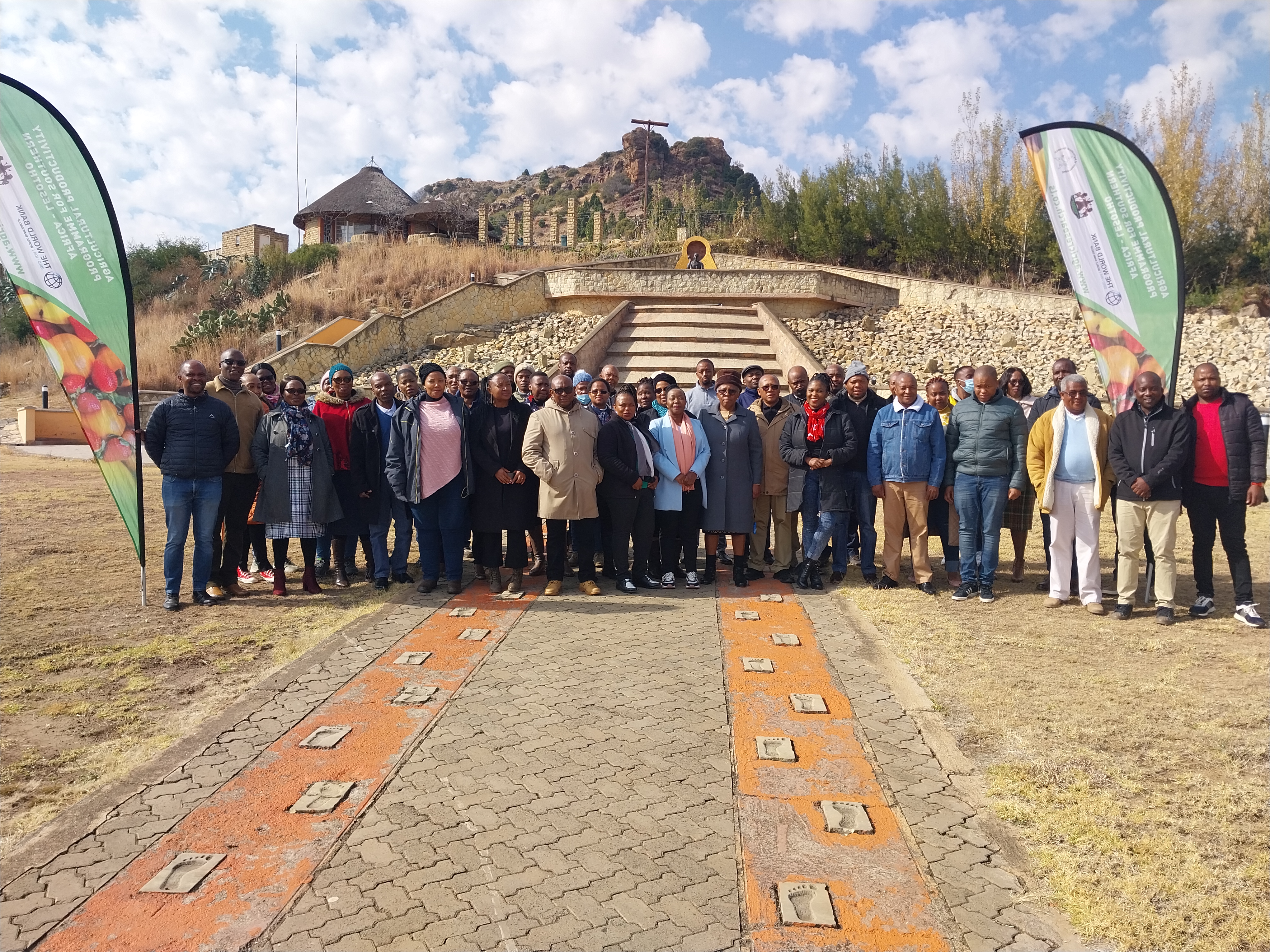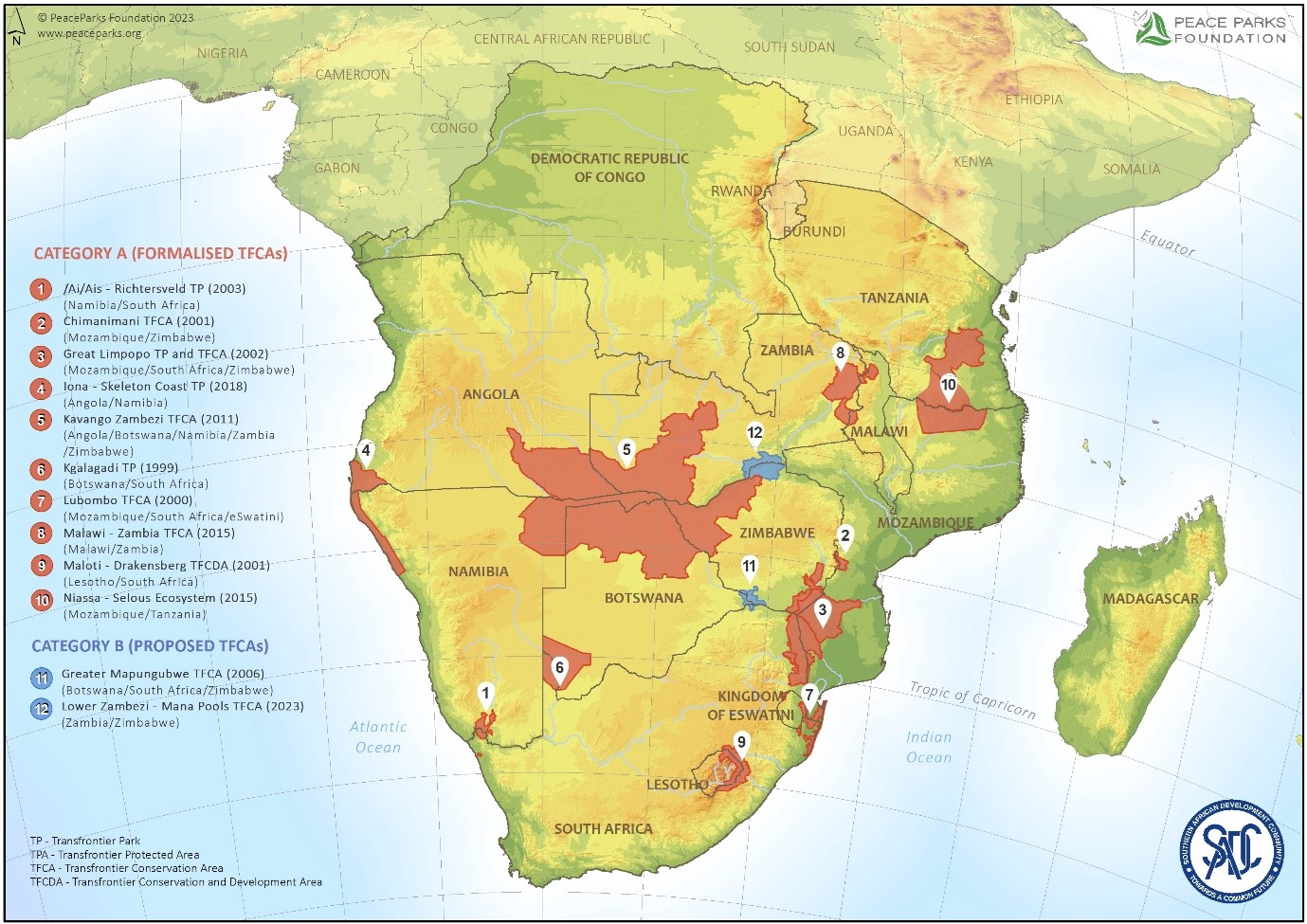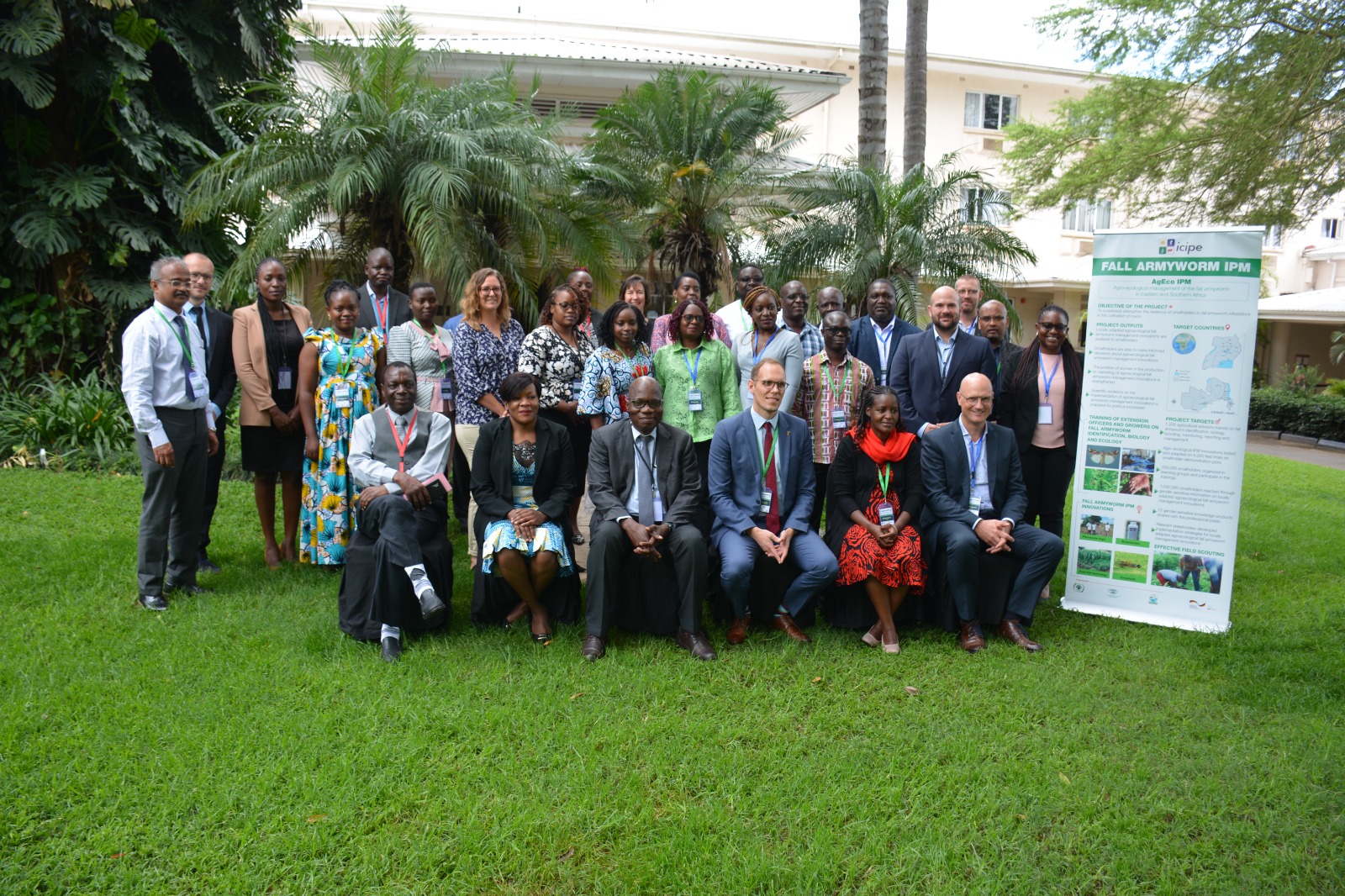Guide de référence sur la vulnérabilité - Concept et lignes directrices pour la conduite d’analyses de vulnérabilité standardisées
Le cinquième rapport d’évaluation (AR5) récemment publié par le Groupe d’experts intergouvernemental sur l’évolution du climat (GIEC) souligne une nouvelle fois les risques omniprésents liés aux changements climatiques. La vulnérabilité à la variabilité actuelle du climat et aux changements climatiques futurs menace particulièrement le développement des populations pauvres et marginalisées. Les conclusions du rapport soulignent qu’il sera nécessaire de reconnaître l’adaptation de manière adéquate lors du futur accord sur le changement climatique en 2015, afin faire face à la vulnérabilité climatique de façon efficace.
Adelphi consult. Berlin
EURAC - Institute for Applied Remote Sensing. Bozen
Department of Geoinformatics – Z_GIS, University of Salzburg. Salzburg
Concept
Analyse
Changement Climatique
Adaptation
Développement durable
Fritzsche, K & Schneiderbauer, S. & Bollin, C. & Kienberger, S. & Buth, M. & Zebisch, M. & Kahlenborn, W. 2014. Guide de référence sur la vulnérabilité - Concept et lignes directrices pour la conduite d’analyses de vulnérabilité standardisées, Deutsche Gesellschaft für Internationale Zusammenarbeit (GIZ) GmbH, Bonn and Eschborn, Germany.


